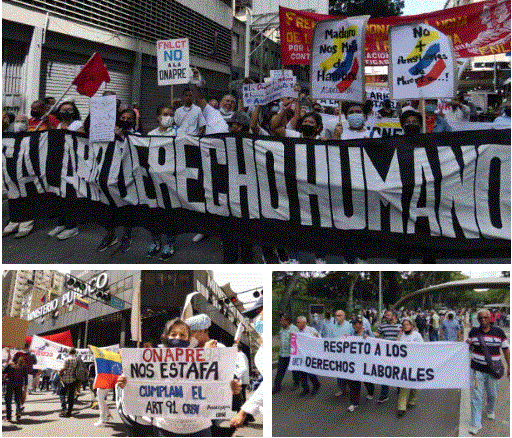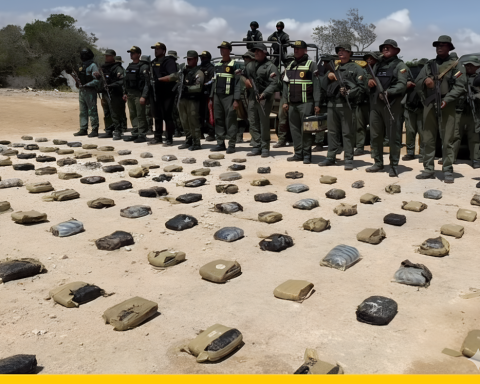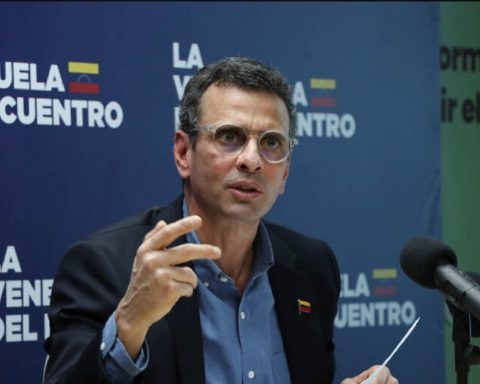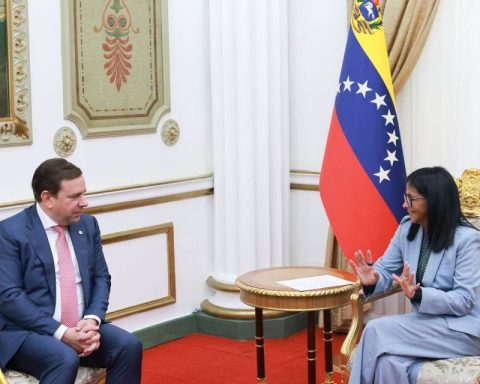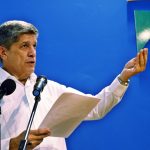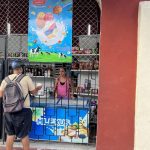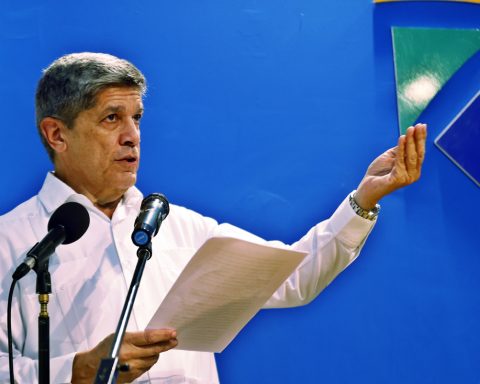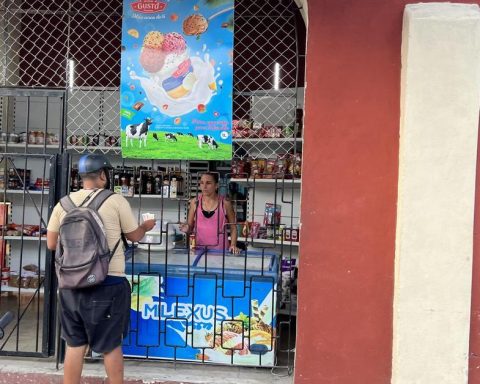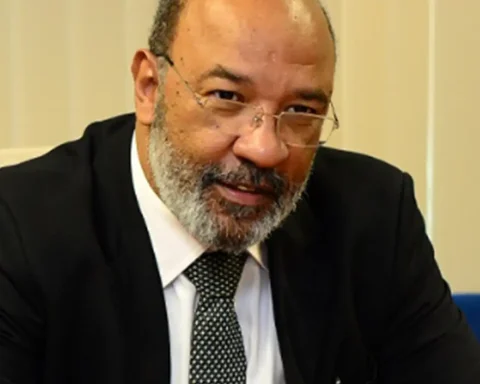
On July 28, a crowded march crossed the city of Barquisimeto to go to the headquarters of the Lara state government. It was there that they wanted to express the reasons for the protest. It was made up of teachers from that region, some of them professionals who have dedicated three or four decades tirelessly to education and public service.
At one point along the route, as can be seen in images posted on Twitter, police officers from the entity tried to prevent the march from continuing to its destination. But the blockade barely managed to resist the push of the protest. The demonstrators, chanting the phrase “we are teachers, we are not criminals”, broke through the police cordon and continued forward.
This march has been preceded by many others and it is very likely that, in the coming weeks, they will continue. On July 21, for example, another workers’ march, this time in Caracas, went to the headquarters of the Public Ministry with the same objective: to demand the repeal of the Instructions of the National Budget Office (later I will refer to the content of this government obsession). This march was not exclusive to teachers. Workers from the public administration (from various ministries), from the oil industry, employees and workers from the universities participated massively.
Then something similar to the scene described in the previous paragraph occurred: members of the Bolivarian National Police -PNB-, this time with the support of officials from the PSUV-Mayor’s Office of Caracas, tried to prevent the protest from advancing. It was also useless. The firmness of those who protested, in order to move forward, managed to get around the blockade and achieve their goal. This is important: those PSUV officials arranged by the Maduro government were shock groups. They were there for the sole purpose of causing a confrontation: this would justify PNB officials breaking up the march by force (they would most likely launch tear gas), arrest a few teachers, open files on them, and who knows how many things. plus.
Days ago, for example, on July 12, another conspicuously crowded concentration started from the corner of El Chorro, on Universidad Avenue, reached Baralt Avenue, in the heart of Caracas, and went to the headquarters of the Supreme Court of Justice, with the same demand: the repeal of the eyesore. In that march, a leader of the Barrio Adentro workers was arrested: that’s how things are in the beautiful revolution.
The Onapre outrage must be the most dangerous and structured attack of the Chávez and Maduro regime that has occurred in 23 years. Its official name is “Adjustment Process of the Public Administration Remuneration System, Collective Agreements, Special Tables and Strategic Companies”. What is proposed, essentially, is to eliminate a series of labor rights, disregard principles such as the Intangibility and Progressivity of these rights, and modify the historical salary scales, which were defined according to the type of personnel, grade and level. If we translate all this deceit into the facts, what we have is that Maduro intends to destroy the bases of collective bargaining, put an end to benefits generated by seniority and create a “legal” framework with which to reduce the income of public sector workers. . In short: the eyesore is an instrument to impoverish the workers and the country.
These examples are pieces of a phenomenon of vaster proportions: that of a country that continues to protest, daily and incessantly. I have referred to this topic in the last three years, in several of my articles.
Now we have that, in mid-July, the Labor Conflict and Union Management Observatory presented its report for the first half of 2022: there have been 880 labor conflicts. This figure marks a notable increase compared to 2021: in the first half of the year, more than 65% of the total conflicts reported last year have occurred. Among the facts that the information highlights, we must pay attention to these two data: 39% of the cases come from the health sector. 19% from the educational sector. When the motivations of the protests are reviewed -bad wages, non-compliance with collective agreements, unjustified dismissals-, it is understood what these Venezuelan citizens, mothers and fathers, heads of families, people in need, are protesting against: against hunger, against continuous impoverishment, against the insensitivity of the political class towards these struggles.
Both health and education workers declared that they did not want politicians in their protests, because their presence distorted the meaning of their struggles. That is reasonable. But the fact that they are not invited to participate does not explain the majority silence of the democratic opposition in the face of these protests, right now, much more relevant than a few days of dialogue in Mexico that will lead nowhere.
There is a starving country, devoid of public services, stripped of labor rights, without hospitals, subjected to an inflation that does not stop; a country extorted in the offices and in the sales tax; a country overwhelmed by fear of organized crime and by the impunity enjoyed by officials at all levels. That is the exhausted and fed up country, which does not receive answers from power, but neither does it receive support from the opposition political leadership, which should be dedicated, with professional resources, organization and energy, to denouncing and uniting the discontent that runs through the streets of Venezuela. Or not?
